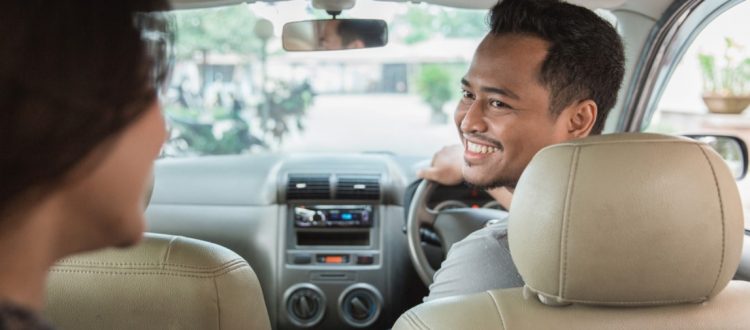MaxiCab Drivers in Singapore | Challenges Faced During A Pandemic
Covid-19: Challenges Faced By MaxiCab Drivers in Singapore
Since the COVID-19 outbreak, industries across all sections and functions have faced serious challenges. The taxi rental and transport industry is one of the hardest hit sectors all over the world. Local lockdown policies like Singapore’s circuit breaker measures have resulted in the closure of all but essential services. The domino effect caused by this temporary shutdown has greatly impacted many businesses, particularly taxi rental and car-hailing services in Singapore.
However, recognising these challenges can help us understand the ways in which this integral function of our society has been affected and, while confronting, is a step forward in finding solutions.
1. Impact on livelihood
Singapore’s taxi industry has faced a tough decline since the beginning of the pandemic. Heightened fears of contracting the virus have considerably reduced the number of people out in public and as everyone tries to stay home during the circuit breaker measures, there are very few people in need of transport. Schools, workplaces, shops and restaurants have all closed, and tourism has been forced to discontinue for an indistinguishable amount of time. All of these factors have contributed to a direct hit on taxi drivers’ earnings.
Although the government, along with taxi rental and car-hailing services, has provided approximately S$200 million in support of MaxiCab Singapore and the rest of the industry since the COVID-19 outbreak, many drivers are still being forced to try and find work outside of their profession.
2. Personal health risks & safety
Aside from low demand, drivers who continue to find customers and receive taxi advanced bookings during this time are also faced with significant risks to their health and safety. Like many of the essential workers they may be driving to and from work, taxi drivers have found themselves in the vulnerable position of having no choice but to endanger their own safety in order to protect their main source of income in support of themselves and their families. MaxiCab taxis and other car-hailing services from Changi Airport are especially stressful, with drivers and passengers unsure of what increased safety measures to take, if any.
With this in mind, it’s imperative that safety protocols are followed by both taxi drivers and passengers. For drivers, regularly sanitising and airing out cars, installing protective screens and wearing masks are top priorities for before, during and after taking customers. However, this is getting more and more difficult as supplies run low and costs increase for drivers that are already facing financial hardships. Passengers should also be aware that wearing a mask and providing personal details for contact tracing are necessary measures that need to be taken for the safety of all.
3. Isolation due to a lack of support
As the current circuit breaker measures require everyone who is able to work from home to do so, more and more people are feeling the impact of long-term isolation. People who work for taxi rental and car-hailing services in Singapore are also experiencing these effects, while also dealing with the added stress of economic strain and safety issues.
It’s no surprise that some drivers may be feeling a lack of support as they operate on their own and take passengers with minimal contact. And while relief measures provide some assurance, the uncertainty surrounding how long this crisis will last has many people questioning whether the current support will be enough to keep the industry afloat.
For taxi advance booking enquiries, contact our team here.

